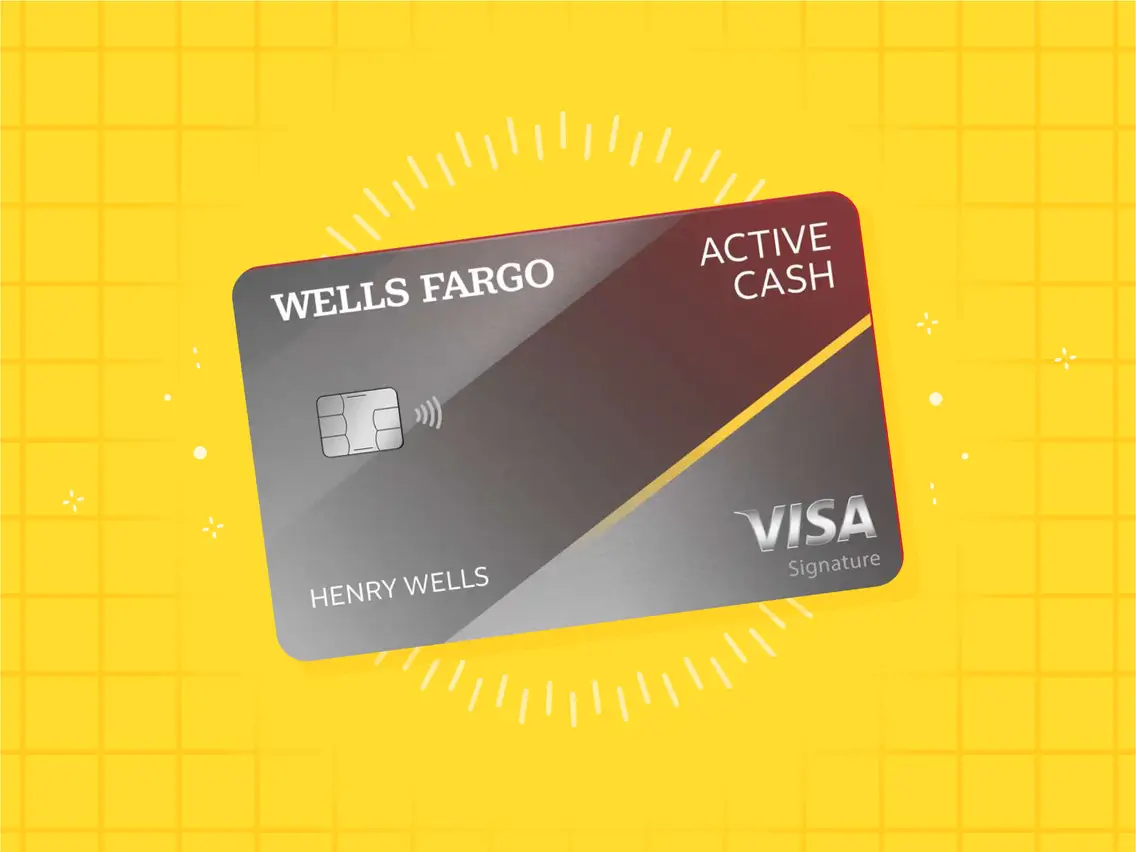Advice on Insurance for Freelancers and Gig Workers
If you're a freelancer without proper protection, it's crucial to recognize that this situation can lead to significant issues and expose you to serious risks!
Discover What You Truly Need to Insure!
One thing is certain: being a freelancer or working in the gig economy in the U.S. is quite the journey.
Jobs like Uber driving, DoorDash delivery, and freelance coding come with their own set of hurdles.

Unlike regular employees, who enjoy a benefits package from their employer, freelancers and gig workers typically have to fend for themselves.
That’s why exploring these insurance tips for gig economy workers in the U.S. is essential.
Grasp What You Need to Insure
Before jumping into purchasing insurance, it’s crucial to comprehend your unique situation. Every freelancer or gig worker has distinct requirements.
Consider these essential coverages:
- Health insurance
- Auto insurance
- Liability insurance
- Tools insurance
- Disability coverage
Health Insurance: The Key Coverage
In the U.S., having health insurance is nearly mandatory — and a constant worry.
If you’re freelancing or engaged in the gig economy, chances are you don’t receive health coverage from an employer, so you’ll need to secure your own plan.
Nowadays, the best approach is to utilize the Health Insurance Marketplace, which provides a range of plans and financial help for those who qualify.
Private insurance is another option, but it tends to come with a higher price tag.
Remember, enrollment for the marketplace typically occurs once a year within a limited timeframe.
Auto Insurance for Rideshare Drivers
If you’re a driver for Uber, Lyft, or delivering food, your standard auto insurance likely won’t cover you while you’re working.
This means that if you have an accident during a ride or delivery, you could end up paying out of pocket since you may not be insured.
Seek out insurance tailored for rideshare drivers that includes coverage for commercial activities.
Additionally, many rideshare platforms provide minimal insurance when you’re active in the app, but this coverage is typically limited and only applicable in specific cases. Don’t rely solely on this — it’s wise to secure additional insurance.
Liability Insurance: Safeguarding Your Finances and Reputation
If your job involves client interaction, a single error could lead to significant repercussions. Liability insurance helps shield you from lawsuits and financial claims made by others.
Freelancers often require a specific type called Professional Liability Insurance, also known as Errors and Omissions Insurance.
Investing in this insurance is wise — nobody wants to face huge bills due to a work-related blunder.
Insuring Your Equipment and Tools
Many overlook the need to insure their work tools, whether it’s a laptop, camera, phone, or any specialized equipment.
Imagine losing your laptop in the midst of an important project? Equipment insurance can protect against theft, accidental damage, and even total loss.
For gig workers who rely on vehicles, insuring specific tools may also be beneficial—like thermal bags for delivery drivers or cleaning gear for maintenance staff.
Disability Insurance: When Life Takes an Unexpected Turn
Since freelancers don’t receive paid sick leave, a sudden illness or injury can quickly drain your income.
Disability insurance provides partial income support when you can’t work due to health issues.
Options include short-term plans lasting a few months and long-term ones that can extend for years, perfect for freelancers.
Manage Your Finances and Select the Right Insurance
Prioritize organizing your finances and establishing an emergency fund before enrolling in any insurance.
Avoid choosing the cheapest plan without understanding the coverage, as it might lead to higher costs in the long run.
Research thoroughly, compare different plans, and seek guidance from a broker experienced in freelancer insurance.
Explore Alternative Insurance and Innovative Models
The insurance landscape for freelancers and gig workers in the U.S. has seen significant changes.
Now, there are alternative options such as on-demand coverage, flexible plans, and insurance cooperatives resembling clubs.
Additionally, apps and digital platforms streamline the process of signing up, managing policies, and filing claims, making everything quick and easy.
Stay informed about these emerging options—they could save you money and provide more tailored protection.





